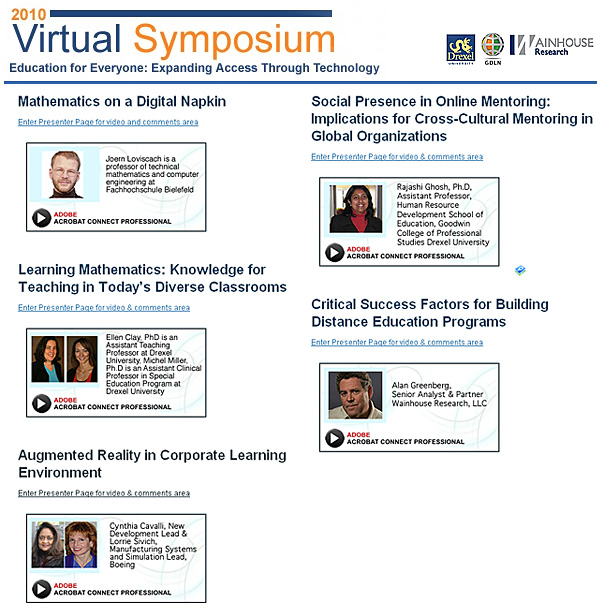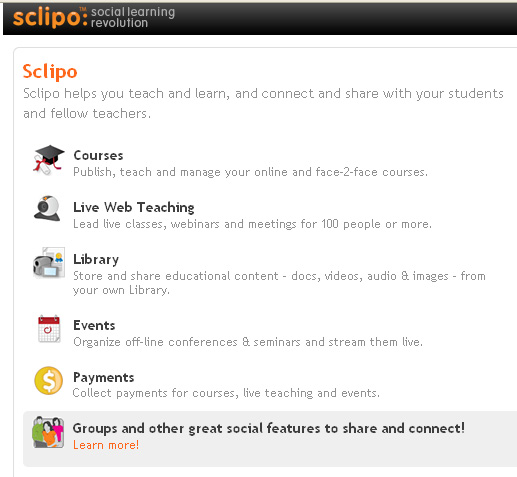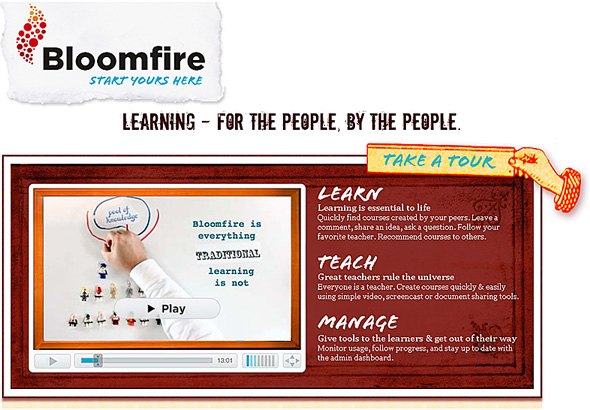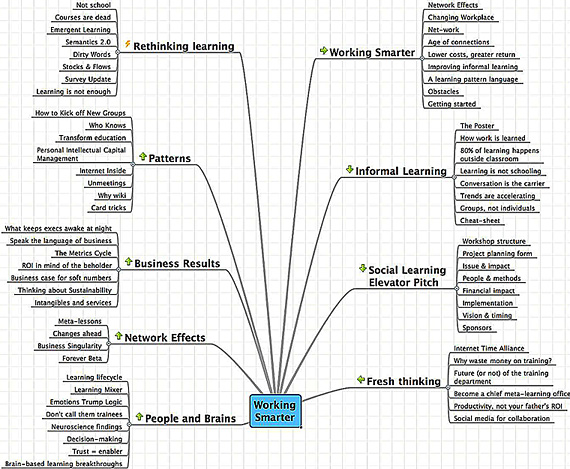Collaborative learning — For the people, by the people — from Bloomfire.com by Josh Little (emphasis below by DSC)
Should training organizations cancel their LMS subscriptions, take a hammer to their laser pointers, and bury their Webcams? By all means, NO! Formal learning is needed in most organizations. What we must do is redefine ourselves as learning construction experts.
Traditional approaches to training are facing disruption. When I say “traditional,” I mean more than instructor-led training located in classrooms. I include e-Learning in most of the forms that have prevailed for the last 15 years or longer. Disruptive innovation, in the form of social software, is sparking new philosophies about formal and informal use of collaboration to support learning. But why are these ideas finding support among business leaders and e-Learning experts?
The basic reason is simple. Information moves too fast. The speed of commerce is faster than ever. Today, product releases happen every three months instead of every three years. Customers define your brand through online communities faster than you can think about creating a branding campaign. The pace at which workers must learn outstrips anything we have seen before. The influx of Millennials (gen Y), who will comprise 50% of our workforce in the next five years, brings with it new entry-level technology skills and new expectations. And that, in a few sentences, is your disruption.
From DSC:
This speed of information applies to higher ed as well. In fact, I wish my master’s program would drop the use of printed-based textbooks and use materials that are much more up-to-date and accessible via online-based methods; also I can search these online-based items in a much fast, easier manner.













